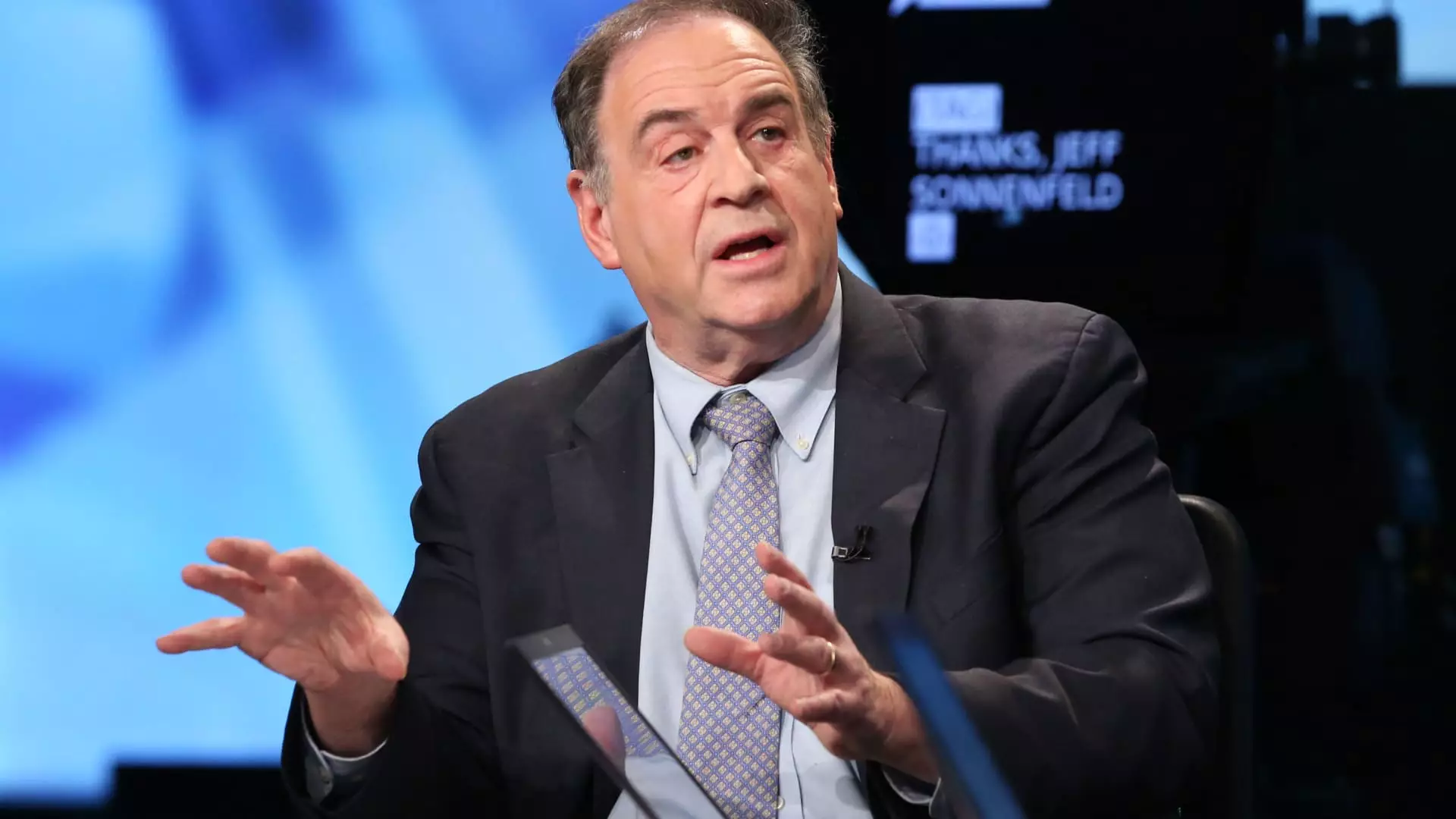As the proxy season comes to a close, the disappointing outcomes for activist investors in this year’s proxy fights, particularly at big companies like Disney and Norfolk Southern, beg the question: are activist investors losing their relevance and influence? These activist investors differ from the original activists who spearheaded governance reforms in the past. It is now up for debate whether today’s activists actually bring any real economic value to the table. Looking at the track records of major activist funds, it becomes clear that they consistently underperform passive stock market indexes such as the S&P 500 and the Dow Jones Industrial Average. This dismal performance has led investors to think twice about allocating funds towards activist strategies, leading to a decline in assets under management in recent years.
Acknowledging the need for change, even some activists themselves admit that their tactics need to evolve in order to deliver meaningful value. The original activist investors, like Ralph Whitworth and Nell Minow, played a crucial role in advocating for accountability, transparency, and shareholder value in corporate governance. However, over time, the genuine mission of these activist investors has been overshadowed by the disruptive tactics of “greenmailers” who focus on short-term gains by dismantling companies rather than fostering long-term growth. This departure from the original principles of shareholder activism has placed modern-day activists under scrutiny, with shareholders increasingly skeptical of their motives.
While some activist campaigns do uncover genuine misconduct within companies, many of today’s tactics involve stripping down healthy companies, implementing short-sighted financial engineering strategies, and prioritizing quick gains over sustainable growth. This approach has led to a wave of proxy fights that have yielded little to no results for activist investors, despite significant financial investments in these battles. The streak of defeats in proxy fights has prompted industry experts to question the effectiveness and necessity of these engagements. The costly and divisive nature of proxy fights has raised doubts about their utility in achieving meaningful change.
The Rise of Preemptive Settlements
In response to the challenges faced in proxy fights, more activists are opting for preemptive settlements with target companies, often securing favorable terms without necessitating a change in leadership. While these settlements can result in short-term gains for activists, critics argue that they resemble greenmailing tactics that prioritize activist interests over those of other shareholders. The prevalence of negotiated settlements underscores the shifting landscape of activist strategies and the growing influence of activist investors in corporate decision-making.
The Role of Proxy Advisors
Proxy advisors like ISS and Glass Lewis, originally established to protect shareholder rights, have come under scrutiny for their recommendations in high-profile proxy fights. Despite initially siding with activists in these battles, proxy advisors have faced backlash as shareholders reject their guidance. The credibility of proxy advisory firms has been called into question, with industry leaders like Jamie Dimon expressing concerns about their influence and objectivity. The frequent ownership changes within these firms raise doubts about their ability to serve the long-term interests of shareholders.
While there are exceptions like ValueAct, which prioritize collaborative relationships with management, the overall credibility and value of activist investors are at stake. As the financial performance of many activist investors continues to disappoint and their tactics face increasing backlash, the need for transparency and integrity in shareholder activism becomes essential. It is crucial to distinguish between genuine advocacy for shareholder interests and tactics driven by self-interest and short-term gains. As the landscape of corporate governance evolves, a critical examination of activist strategies and their impact on shareholder value is paramount.

Leave a Reply